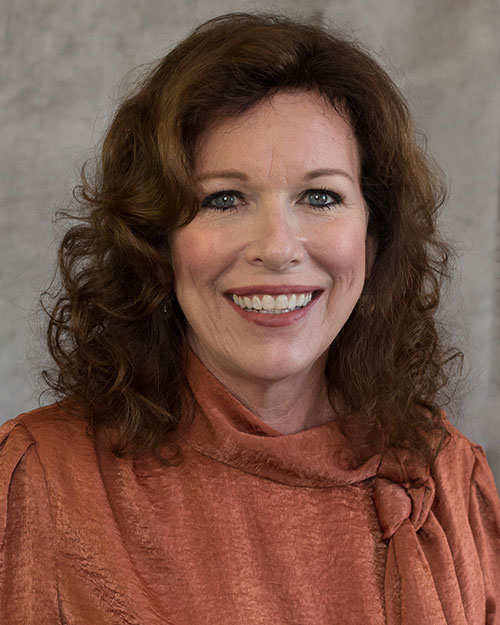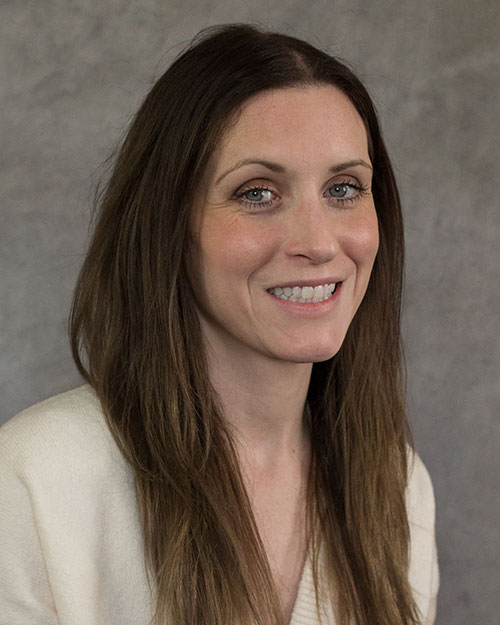Growing Up Introverted in an Extroverted World
By Sarah Turner, LCPC*
A couple of times in high school when I was preparing to go to a camp where I didn’t know many people, I told myself that I would be a new me when I got there. I would promise myself that I would be outgoing and bubbly and make a lot of friends, and people would never know that I wasn’t usually that way. Each time I got to camp and was my usual more quiet reflective self. Each time I felt like a failure and beat myself up about it.
After my freshman year of college, I told myself that I was going to come back the next year and be outgoing and bubbly and make a lot of friends. While I did slowly make more friends, I never was able to figure out how to make myself different.
Not too long ago while talking with a quiet teenager about the difficulties and anxieties of being a quiet teenager, I realized that things have changed for me. I no longer feel the need to change my introverted nature, nor do I feel apologetic about it. My introversion simply seems like another aspect of me, such as my reddish blonde hair or perpetual dislike of tomatoes. I now value my qualities that seem intertwined with my introversion—my thoughtfulness, sensitivity, deep thinking, and care.
But, man, did it take a long time to get here! I have often wished I could go back and tell the younger Sarah that she did not need to change herself, that she had more than enough to offer just as she was. While I can’t do that, I can share a bit about what I have learned about introversion in the hopes that you will better understand the young Sarahs in your lives.
So what does it mean to be introverted? While even experts on the subject disagree on a precise definition, the general consensus is that in comparison to their extroverted counterparts, introverts need more time alone to recharge, they are more comfortable in less stimulating environments, and they tend to work and make decisions more carefully and deliberately. While they generally prefer deep conversations over small talk, as well as spending their social energy on those with whom they are closest, introverts are not socially incompetent. Some introverts are shy or socially anxious but many are not.*
Approximately one-third to one-half of Americans are introverted.** However, extroversion has become the idealized personality trait in our culture. We think that to be successful, you need to be charismatic, unflappably self-assured, and fast-to-act. While these traits can certainly be helpful, especially in some professions, we have as a society forgotten and downplayed the value of more introverted traits.
Introverts can be and are successful in our extroverted-loving world (studies have found that many of the most successful CEOs are introverts, including self-described introverts Bill Gates and Warren Buffet). Some of the most influential people in history have been introverts: Abraham Lincoln, Albert Einstein, Rosa Parks, Eleanor Roosevelt, and Mahatma Gandhi. It is important to realize that the accomplishments of these individuals were achieved not in spite of their introversion but because of it. Introverts tend to be better at a myriad of skills: listening, thinking before acting, forming deep connections and convictions, and not getting caught up in the thrill of the chase nor sidetracked by what is popular.
These are special qualities that deserve to be celebrated and cultivated, not ignored or fixed. Introverts’ truest magic shines when they do not have to compromise their introversion but can utilize it.
Those of you around children, seek out the little introverted souls around you and make safe havens for them. This culture, including our education systems, workplaces, churches, sports and activities, and politics, is set up for extroverts. But imagine how much we miss out on when we don’t let introverts work, play, create, and love in the ways they do best.
Don’t make your introverts be extroverts to fit in or excel. Name for them their strengths that the world is telling them are flaws. Tell them that you understand that the world can be tough, but someday they’re going to get to pave their own paths. And the world needs those paths.
*Sarah Turner, LCPC sees clients out of the St. Charles office
*From the outside, introversion and social anxiety can look similar at times. The difference? Introverted children will generally not prefer more extroverted settings, but they will not fear these situations like children with anxiety. Anxiety can manifest itself as stomaches or other physical complaints in children. If you are unsure whether your child may be dealing with anxiety, schedule an intake assessment for them with a counselor.
*This statistic included, much of what I have learned about introversion comes from the talented speaker and author Susan Cain. If you are interested in learning more about introversion, I highly recommend her Ted Talk or her insightful book Quiet: The Power of Introverts in a World that Can’t Stop Talking.













































